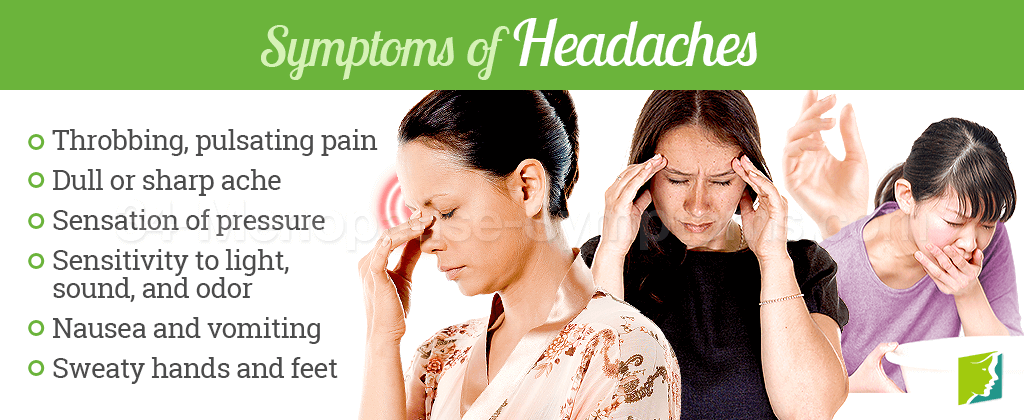
Headaches can have a debilitating effect on women going through menopause. Marked by mild to severe throbbing pain in the head, headaches can be so powerful that they can hinder a woman's ability to complete her daily tasks. Women are five times more likely to experience headaches than men. In fact, up to 30% of women experience these types of headaches before menopause, and that percentage only increases for perimenopausal women.
Read on to learn more about headaches and their multitude of symptoms to be better equipped to identify them, rendering them easier to treat.
Definition of Headaches
Generally speaking, a headache is a recurrent, throbbing pain generally felt on one side of the head, although it may possibly occur on both sides. It can last anywhere from one or two hours up to three days. Women may experience other symptoms that accompany headaches, though these symptoms vary from sufferer to sufferer.
Many women entering perimenopause - the stage leading up to the menopause transition - begin to experience an increase in headaches. In order to distinguish the difference between a normal headache and more serious headaches, continue reading to learn the most common headache symptoms.
Symptoms of Headaches
Headaches may range in severity from mild to severe, going beyond the boundaries of simple head pain. They encompass a wide array of symptoms. Below is a list of the most common symptoms of headaches.

Who Is Susceptible to Headaches?
Other Factors Related to Headache Susceptibility
- Family history of migraine or of disabling headache
- Menopause status
One of the most common headaches that menopausal women suffer from is migraine headaches. A common myth is that only women experience migraines. This is not the case. However, women experience these headaches at five times the rate that men do. The reason women are more likely to experience headaches involves the hormonal changes that occur during menstruation and the menopause transition.

Women who have headaches prior to menopause are far more likely to have them during menopause. Fluctuating hormone levels play enough of a role that women who have never experienced a headache before menopause are susceptible to them once perimenopause begins.
Aside from migraines, there are numerous other types of headaches that a woman may experience. Click on the following link to read more about the types of headaches during menopause.
Sources
- National Institutes of Health. (2014). Headache. Retrieved April 21, 2016, from https://www.nlm.nih.gov/medlineplus/ency/article/003024.htm
- Office on Women's Health. (2012). Migraine fact sheet. Retrieved April 21, 2016, from http://womenshealth.gov/publications/our-publications/fact-sheet/migraine.html
- Ripa, P. et al. (2015). Migraine in menopausal women: a systematic review. International Journal of Women's Health, 7, 773-782. doi: 10.2147/IJWH.S70073



